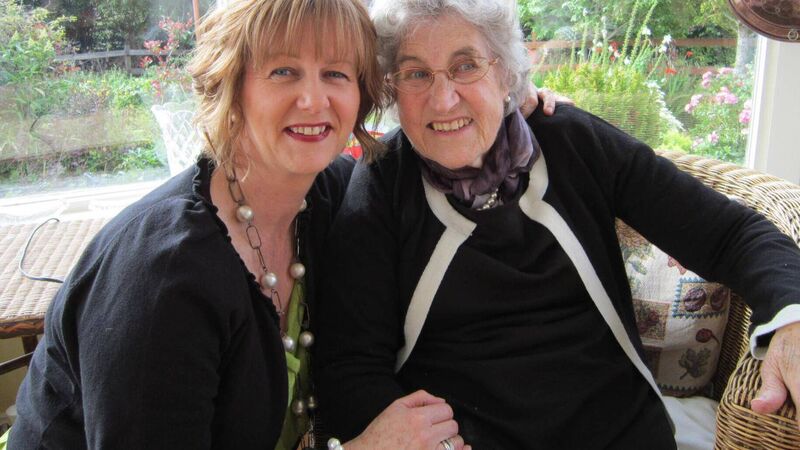Up to 60% of dementia cases in Ireland could be undiagnosed

Carmel Geoghegan and her late mother Angela, who was diagnosed with dementia in 2011. Carmel says there have been improvements in recent years, but that patients and their families are still affected by stigma and a lack of support.
Up to 60% of dementia cases in Ireland could be undiagnosed due to a "lack of awareness and stigma" around the disease, an international report has suggested.
The report, by Alzheimer’s Disease International (ADI), the global federation for over 100 Alzheimer’s and dementia associations across the world, has found an estimated 41m cases of dementia are undiagnosed across the globe.










